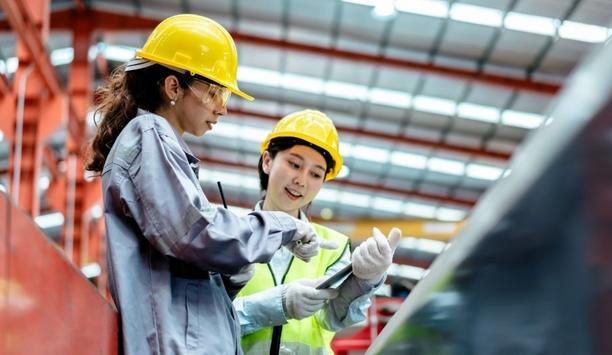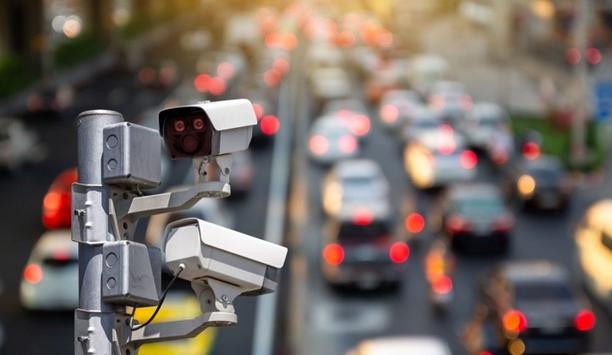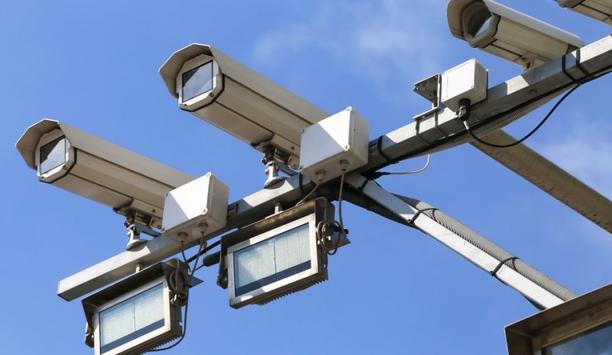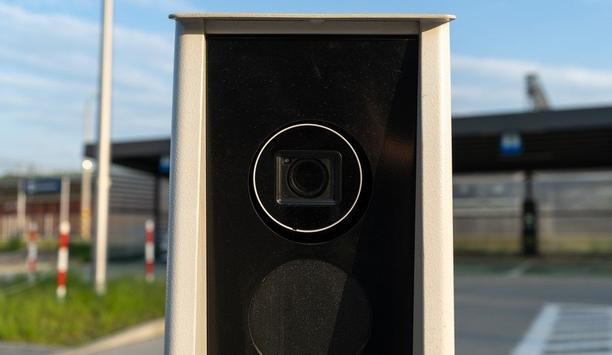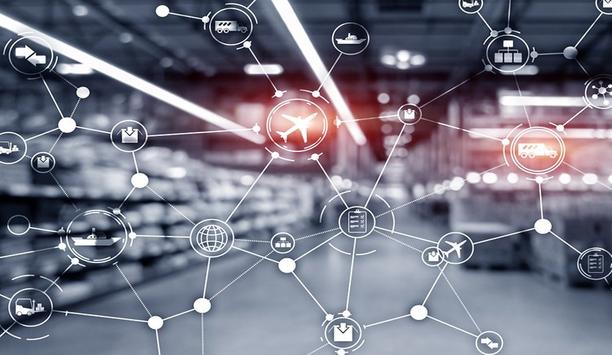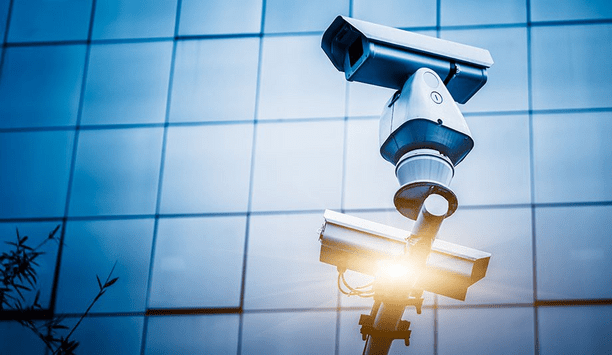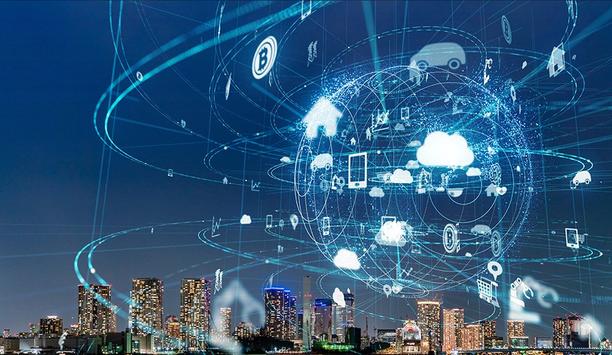Hotels, leisure & entertainment security applications - Round table discussions
Trust is the foundation of successful relationships between buyers and sellers in the security marketplace. Trust facilitates collaboration, reduces risk, improves decision-making, and ultimately drives business growth and profitability. Transactions often involve significant investments, and trust minimises the perceived risk for buyers, making them more likely to commit to a purchase. Our Expert Panellists weigh in on the subject of trust in response to this week’s Roundtable: A security...
Technology automates tasks, streamlines processes, and improves efficiency in various fields, including physical security. But the success of today’s latest technologies depends on our ability to use them responsibly and efficiently. Optimising our industry’s use of technology requires that the industry’s workforce have the needed skills to operate the latest equipment. We asked this week’s Expert Panel Roundtable: How does technology innovation in security systems impact...
Port forwarding is a networking technique that allows incoming traffic on a specific port number to be redirected to a particular device or application on a local network. Open ports on the network expose an IP video system to the internet. This makes it a potential target for malicious cyberattacks. In the physical security industry, the elimination of port forwarding is seen as a basic and manageable precaution to shore up cybersecurity. We asked this week's Expert Panel Roundtable: What are t...
The hospitality industry drives economic growth and development by creating jobs, generating revenue, and initiating a ripple effect to improve profitability throughout the supply chain. The hospitality industry includes a vast number of small businesses, including hotels and restaurants. But what are the security challenges of these businesses, and how is the security marketplace serving those needs? We asked this week's Expert Panel Roundtable: How can technology address the security challenge...
The Internet of Things (IoT) has revolutionised many industries, including physical security. By connecting physical devices to the internet, IoT technology offers significant enhancements to security systems. Benefits include real-time monitoring, remote access, and the utility of new devices such as temperature and humidity sensors. At the same time, IoT devices come with challenges, including greater cybersecurity vulnerability. We asked this week's Expert Panel Roundtable: How is the Interne...
Transportation enables the movement of goods and people, facilitates trade and commerce, and is crucial for businesses to operate and expand. Security technology plays a major role both in protecting today's various transportation systems and increasingly to make them more efficient. We asked this week's Expert Panel Roundtable: What’s new in technology serving the transportation market?
Suddenly, artificial intelligence (AI) is everywhere. The smart technology brings a range of benefits to our lives, from streamlining everyday tasks to making scientific breakthroughs. The advantages of AI and machine learning (ML) also include automating repetitive tasks, analysing vast amounts of data, and minimising human error. But how do these benefits apply to the physical security industry, and is there a downside? We asked this week’s Expert Panel Roundtable: What are the benefits,...
In the complex world of physical security systems, standards can enable disparate systems to be combined to function together as a cohesive whole. Standards help to ensure that all the “pieces” fit together to create a clear, unified picture. More broadly speaking, standards also play a role in ensuring best practices are deployed in a range of security-related situations. We asked this week’s Expert Panel Roundtable: Which standards have had the greatest positive impact...
There is a complex and interdependent relationship between security and productivity. Good security is needed to make productivity possible, but security measures could, in some instances, hinder workplace efficiency. New technologies are enabling security systems to have a more profound and positive impact on productivity by yielding better intelligence to guide the improvement of workplace practices. Multiple systems that work together, rather than separately, improve the productivity of secur...
Every day, the physical security industry succeeds in applying technologies that make the world a safer place. Manufacturers, integrators, and end users are eager to share their success stories, and their successes can inspire others to implement the same technology solutions. But, occasionally, technology does not live up to expectations and, in fact, fails to perform as promised. We asked this week’s Expert Panel Roundtable: How has the physical security industry failed to meet customer...
Frictionless systems provide access to a building without interfering at all with a user’s entry experience. Frictionless access means you can automatically pass through a gate without showing a credential or otherwise engaging, and with the system recognising who you are and allowing you to pass. In true frictionless access, everything works seamlessly, with unauthorised people obviously barred. But how close are we to realising frictionless access control? We asked this week’s Expe...
An organisation’s security director manages a staff of security personnel, implements and enforces security policies and procedures, and generally ensures the safety of personnel and visitors to the organisation’s premises. Over the years, the role of security director has expanded to include new disciplines such as cybersecurity. More and more, security directors are also taking a “seat at the table” as integral and critical members of a company’s management team....
In the United States, they are called licence plate recognition (LPR) systems. In Europe, the more common term is automated licence number-plate recognition (ANPR). In either case, the systems provide capabilities that can benefit a range of applications from schools to municipalities to parking lots. Newer technologies can even identify vehicle colour, type, make and model. We asked this week’s Expert Panel Roundtable: What's new with licence plate recognition (LPR) and/or automated numbe...
Video storage has come a long way since rooms full of VCRs stored video from an entire system of cameras. Video storage equates to data storage, and there are multiple options ranging from hard disk storage to the cloud to storage on each individual camera using SD cards. Increasingly, cloud-based storage is an attractive option to store video footage conveniently and safely. We asked this week’s Expert Panel Roundtable: How is expansion of video storage capabilities impacting the security...
Sharing data between security and building management devices can provide a route to maximise building usage and minimise costs. In today's Internet of Things (IoT) environment, tying together a variety of systems is easier than ever. For an update, we asked this week's Expert Panel Roundtable: What are the benefits of integrating security technology with building management systems (BMS)?
Time flies in the busy world of security, so it’s no surprise that the midpoint of 2023 comes before know it. Let’s pause after the first half of the year to look ahead at what can expect during the second half (Hint: It’s all about AI). We asked this week’s Expert Panel Roundtable: What will likely be the most important technology development in the security marketplace in the second half of 2023?
As the first line of defence against unauthorised access to business premises, perimeter security can alert an enterprise of potential security threats while delaying or preventing any loss or damage due to criminal acts. Combining hardware and software, perimeter security addresses the outermost ring of a facility’s concentric circles of protection. Obviously, any threat addressed at the outermost edge of defence does not become a more immediate and urgent threat closer to a facility. We...
Integrators and installers are on the front line of creating most security systems. They are also usually the first point of contact if there is a problem with the system. In general practice, many end users deal with integrators and seldom if ever speak to the manufacturer. Should it be that way? We asked this week’s Expert Panel Roundtable: Why does a manufacturer need a direct relationship with an end user?
Environmental, social, and corporate governance (ESG) standards in the broader marketplace reflect a growing recognition that business needs to lead the way in addressing a range of environmental and social issues. Environmental concerns, especially as they impact climate change, are a familiar facet of business life. In addition, social concerns include human rights and equity; basically, an organisation's relationships with people. Governance refers to the structure of rules, practices, and pr...
The return of trade shows has been an invigorating development for the security market. The morning-after reviews of this year's shows could not have been more positive. Everyone in the industry seemed to revel in the excitement and momentum as the shows decisively proclaimed: 'We're back.' Continuing that momentum into the future will depend on how well the shows adapt to changing industry trends and repeatedly reinvent themselves to be better every year. Adding feedback from GSX to our earlier...
Faces captured by video cameras could be perceived as an invasion of privacy, as could images captured through residential windows or that involve private or proprietary information. Fortunately, modern video systems incorporate technological features that help avoid an inadvertent invasion of privacy, while preserving any data that may be needed by authorized persons. For the latest commentary, we turn to our Expert Panel Roundtable with this week’s question: What new features of video sy...
Challenges of the global supply chain have reverberated into the physical security marketplace in a big way in recent years. Dealers who historically could count on timely delivery of equipment have instead faced extended delays that in some cases have jeopardised their businesses. By most accounts, the situation is improving, so we turned to our Expert Panel Roundtable for an update. Our question this week: What is the current state of the physical security supply chain?
Some products may become obsolete faster than others, while some may have a longer life span due to ongoing innovation and demand. Technology and security threats are continuously evolving, and older security systems may no longer be effective in protecting against the latest threats. Additionally, older systems may have outdated technology, making them more vulnerable. We asked this week’s Expert Panel Roundtable: Given rapid technology development, are the lifecycles of security sy...
The economic outlook for the year ahead is uncertain at best. Multiple lingering issues are in play, such as inflation, supply chain challenges, global instability, and a changing workforce. But to what extent does a shaky economy equate to a slowdown in the security market? We asked this week’s Expert Panel Roundtable: How does the wider economic climate impact the market for security products and services?
Some systems and assets are so vital that their incapacity or destruction would have a debilitating impact on security, economic security, public health or safety, or any combination of those factors. This so-called critical infrastructure has historically faced many complex threats. In 2023, we can add growing concerns about cybersecurity to the mix. We asked this week’s Expert Panel Roundtable: What is the largest risk to critical infrastructure in 2023? How can we address it?
From lodging to food service to event planning to tourism, the hospitality market faces a large and growing range of security threats and challenges. Given the competitiveness of the market and the heightened flow of information about customer satisfaction via social media, there is more at stake than ever as hospitality professionals seek to ensure the safety and security of guests. We asked this week's Expert Panel Roundtable: What security challenges are impacting the hospitality market of to...
Like any year, 2022 was full of surprises for the physical security industry. Adapting to supply chain shortages, lightning-fast technology development, and changing occupancy patterns in a shifting labor market were just a few of the factors that kept security professionals guessing in 2022. Wonder what the new year will hold? We asked this week’s Expert Panel Roundtable: What will be the biggest surprise for security in the year ahead (2023)?
For decades now, usernames and passwords have been a critical, and highly visible, element in data protection and cybersecurity. However, the use of passwords is a far-from-perfect approach to protecting access to computer systems. Nowadays, newer, more sophisticated forms of user identification and authentication have emerged on the scene. We asked this week’s Expert Panel Roundtable: Is the password on the brink of extinction in physical security? Why or why not?
Since they were invented, video surveillance cameras have been used mostly for security applications. However, the advent of video analytics and artificial intelligence (AI) has paved the way for use of video data in a variety of other applications, from process control to measuring occupancy to analysing customer traffic trends. The ‘data’ aspects of ‘video data’ are feeding many new applications that no longer involve operators looking at video images on a screen. We as...
Connectivity is literally the difference between products operating individually and those combined into a more powerful system. Many of the devices that connect today’s security products reflect mature technologies that have been proven over time. However, innovation is also driving the need for new approaches to connectivity and networking. We asked this week’s Expert Panel Roundtable: What are the new developments in networking and connectivity for security?
2025 Trends in video surveillance
Download7 proven solutions for law enforcement key control and asset management
DownloadMaximising security and performance
DownloadGuide for HAAS: New choice of SMB security system
DownloadThe truth behind 9 mobile access myths
Download